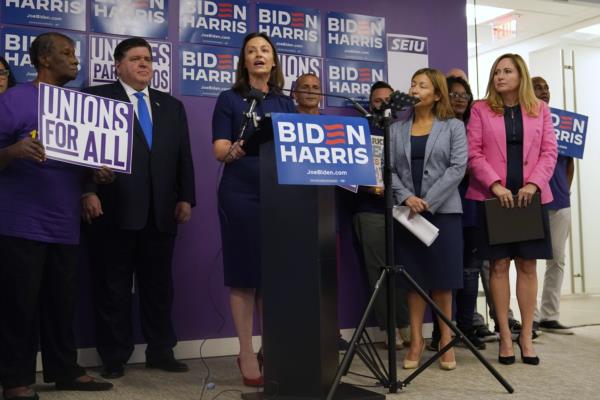
In the wake of recent socio-political events, Boston Mayor Michelle Wu has come under criticism for what's perceived as fostering segregation within her council. This follows a report stating that white council members were disallowed from a celebration of individuals from diverse backgrounds. Despite the backlash, Mayor Wu has declined to apologize or resign, with a majority of media outlets omitting coverage of the event.
This incident has sparked a conversation about inclusion and diversity, as well as the potential for hypocrisy when certain groups are excluded from participating in events celebrating... diversity. The critics argue such actions only deepen the divisions in society and do not foster unity.
In related incidents, a resolution that condemned antisemitism on college campuses and called for the resignation of presidents of Harvard and MIT was met with parliamentary division. A surprising split in the House saw 84 Democrats join virtually all Republicans to support the resolution, while 125 Democrats voted against it, deeming the measure ineffective and an outrageous demand for private citizens to resign.
Investigations into campus antisemitism have intensified, now reaching six schools including Stanford and UCLA. It probes into practices carried out by universities, many of which previously held revered status as academic institutions. A survey conducted by the Crimson showed a 97% liberal orthodoxy among Harvard's faculty, discouraging diverse thoughts and ideas, causing many to demand change.
Meanwhile, Harvard President Claudine Gay is being called on to resign following accusations of plagiarism. Renowned political science and law professor, Carol Swain believes such allegations tarnish the reputation of academia and set negative precedents.
However, the 1619 Project founder Nicole Hannah-Jones strongly defended President Gay. She argued that the criticism levied against Gay is a classic example of racial prejudice, with the merit of success evaluated based on skin color rather than professional achievement.
While traditional academia is under scrutiny, enthusiasm for trade schools has spiked. They're now seen as practical, affordable substitutes for higher education, offering job-ready skills and significantly better employment rates post-graduation.









